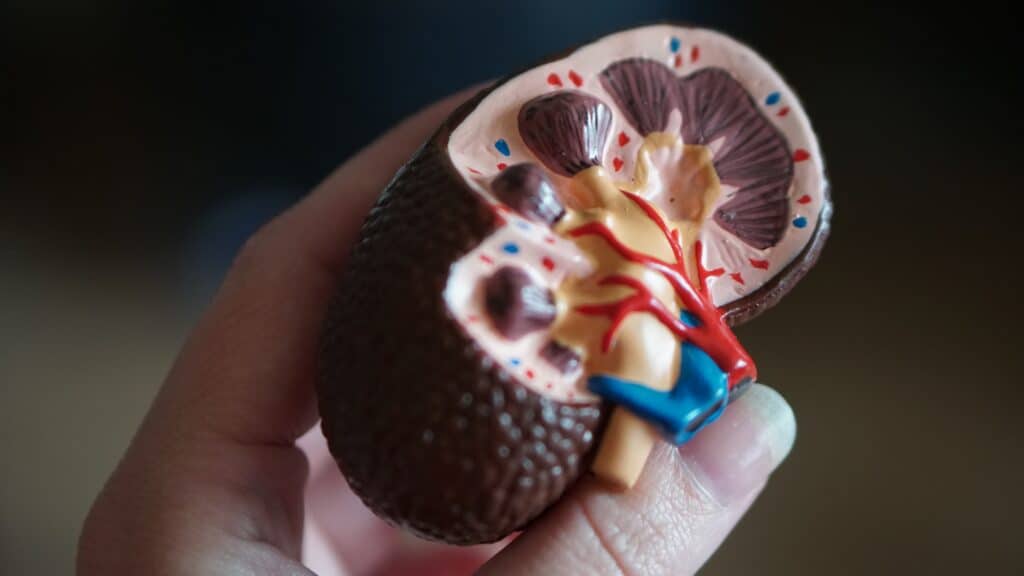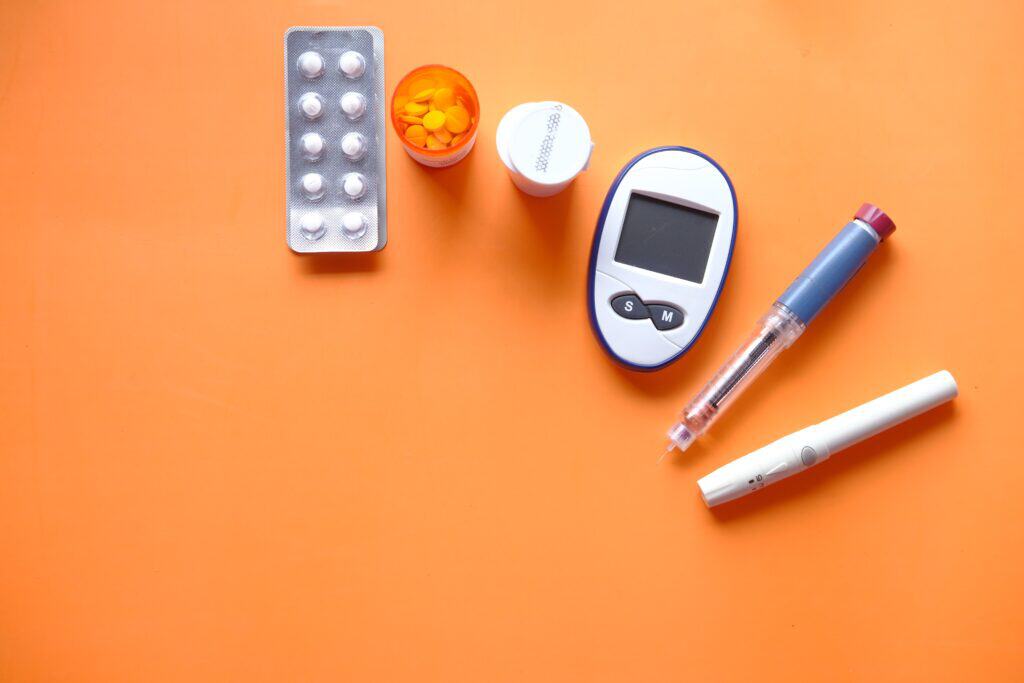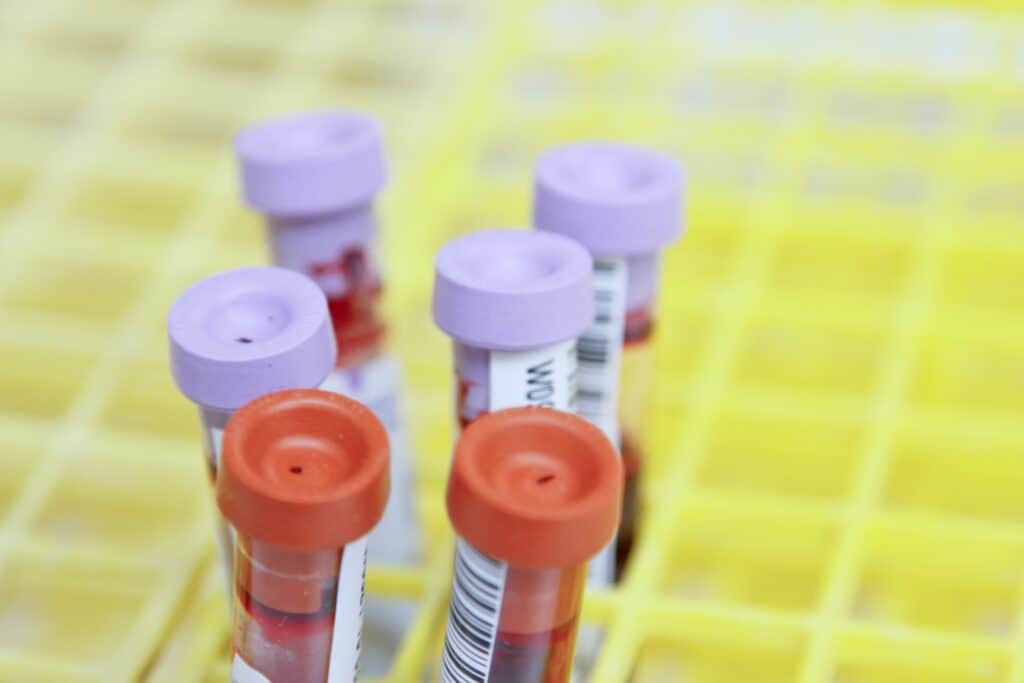Thyroid disorders are becoming increasingly common in today’s society, affecting millions of people worldwide. Two of the most prevalent thyroid conditions are hyperthyroidism and hypothyroidism. In this article, we will delve into the details of these conditions, including their definitions, symptoms, testing options, and severity.
What are Hyperthyroidism and Hypothyroidism?
Hyperthyroidism and hypothyroidism are both disorders that affect the thyroid gland, a small butterfly-shaped gland located in the neck. The thyroid gland plays a crucial role in regulating various bodily functions, including metabolism, energy production, and hormone balance.
Hyperthyroidism: This condition occurs when the thyroid gland produces an excessive amount of thyroid hormones, primarily thyroxine (T4) and triiodothyronine (T3). The increased hormone levels accelerate the body’s metabolism, leading to a range of symptoms.
Hypothyroidism: In contrast, hypothyroidism is characterized by an underactive thyroid gland that fails to produce enough thyroid hormones. This deficiency slows down the body’s metabolism, resulting in a different set of symptoms.
How to Identify Hyperthyroidism and Hypothyroidism
Recognizing the signs and symptoms of hyperthyroidism and hypothyroidism is crucial for early detection and effective management. Here are some common indicators of each condition:
Hyperthyroidism Symptoms:
- Unexplained weight loss
- Inability to tolerate heat
- Rapid heartbeat
- Anxiety and irritability
- Increased sweating
- Tremors in the hands
Hypothyroidism Symptoms:
- Unexplained weight gain
- Sensitivity to cold temperatures
- Fatigue and sluggishness
- Depression and mood swings
- Dry skin and hair
- Forgetfulness and difficulty concentrating
The Difference in Severity
While both hyperthyroidism and hypothyroidism are thyroid disorders, they have distinct differences in terms of severity and impact on the body.
Hyperthyroidism tends to have a more immediate and noticeable effect on individuals. The increased metabolic rate can lead to rapid weight loss, palpitations, and a general feeling of restlessness. If left untreated, hyperthyroidism can result in serious complications such as heart problems and osteoporosis.
Hypothyroidism, on the other hand, often develops gradually and its symptoms may be mistaken for other conditions. The slow metabolism can cause weight gain, fatigue, and mental fog. If left untreated, hypothyroidism can lead to complications such as infertility, heart disease, and depression.
Testing Options for Hyperthyroidism and Hypothyroidism
Diagnosing hyperthyroidism and hypothyroidism involves a series of tests to measure the levels of thyroid hormones in the body. The most common test is the Thyroid-Stimulating Hormone (TSH) test, which measures the amount of TSH produced by the pituitary gland. Abnormal TSH levels can indicate an overactive or underactive thyroid.
In addition to the TSH test, healthcare professionals may also order blood tests to measure the levels of T4 and T3 hormones. These tests provide a more comprehensive picture of thyroid function and help determine the appropriate treatment plan.
Bio-Test Laboratory offers this service at all of our locations, get tested today!
Common Information about Hyperthyroidism and Hypothyroidism
Here are some additional key points to keep in mind about hyperthyroidism and hypothyroidism:
- Hyperthyroidism is often caused by an autoimmune condition called Graves’ disease, while hypothyroidism is commonly caused by an autoimmune condition called Hashimoto’s thyroiditis.
- Both conditions can be managed with medication, lifestyle changes, and, in some cases, surgery.
- Hyperthyroidism may require medications that block the production of thyroid hormones, while hypothyroidism is typically treated with synthetic thyroid hormone replacement.
- Regular monitoring and follow-up with a healthcare professional are essential for managing thyroid disorders effectively.
Conclusion
Hyperthyroidism and hypothyroidism are two distinct thyroid disorders that can significantly impact an individual’s overall well-being. Recognizing the symptoms, understanding the severity, and undergoing appropriate testing are crucial steps in managing these conditions effectively. If you are feeling unwell, consult with a healthcare professional who can provide a proper diagnosis and guide you towards the most suitable treatment options.





